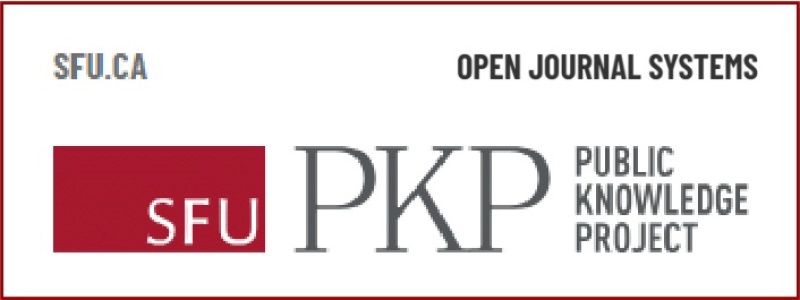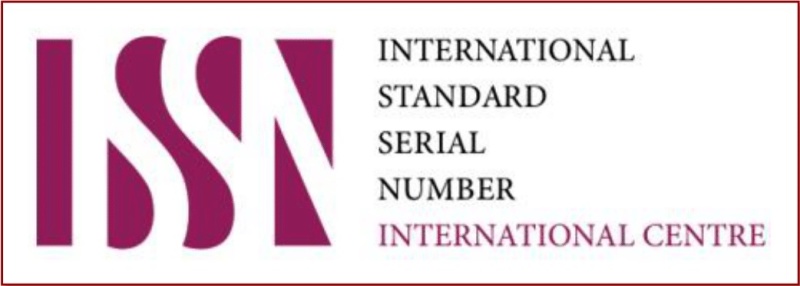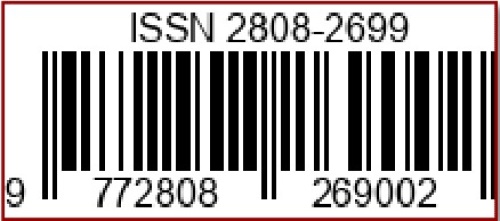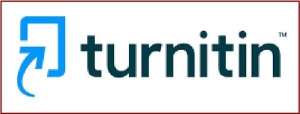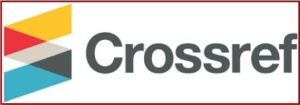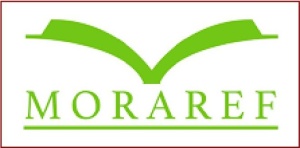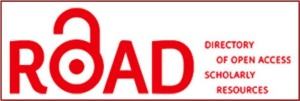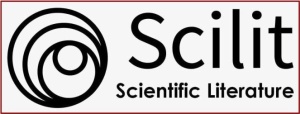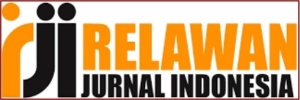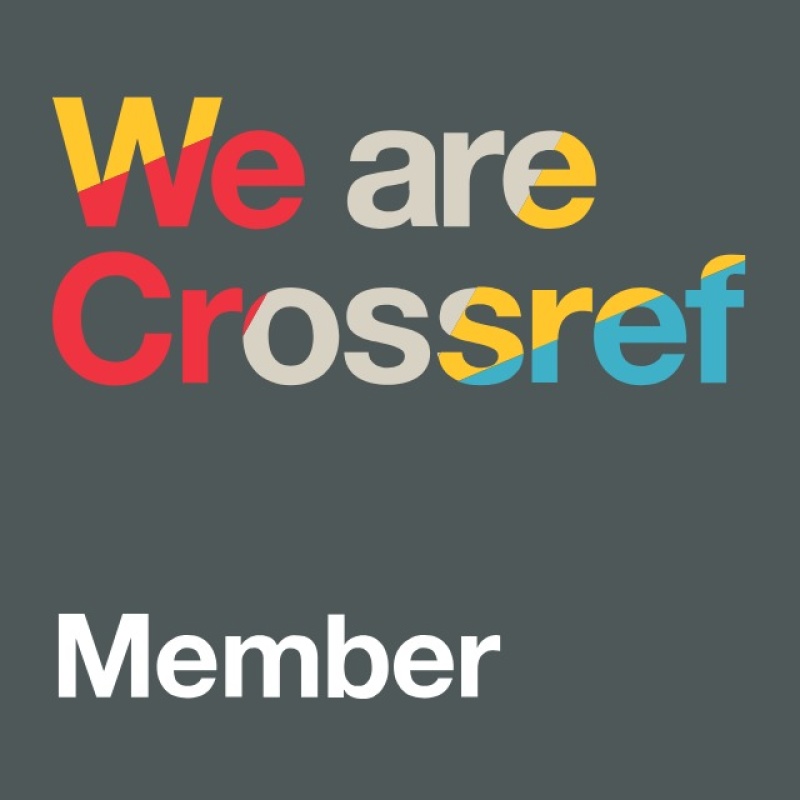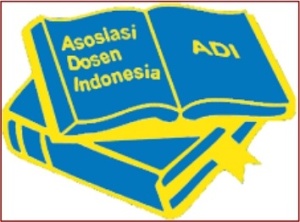Pengaruh Model Talking Stick Berbantuan Media Video terhadap Aktifitas Bertanya dan Hasil Belajar Kognitif Siswa
DOI:
https://doi.org/10.36312/educatoria.v3i3.172Keywords:
Talking Stick Model, Video Media, Asking Activities, Cognitive Learning Outcomes.Abstract
In the learning process in class students are not given the opportunity to understand the material they are studying, so students lack activity for learning, and have an impact on students' cognitive learning outcomes. The Talking Stick learning model assisted by video media is a solution to increase student activity and student cognitive learning outcomes. This study aims to determine the effect of the Talking Stick learning model assisted by video media on cognitive learning outcomes of students at SMA Negeri 1 Pujut in the 2017/2018 academic year. This research is a quasi-experimental study with a research design using a post-test control group design. The population in this study were all class XI students of SMA Negeri 1 Pujut in the 2017/2018 academic year. The sample of this research is class XI IPA2 as the experimental class and class XI IPA1 as the control class. The determination of the sample was carried out using a non-probability sampling technique. Student asking activity data was obtained using a questionnaire and students' cognitive learning outcomes data were obtained through tests carried out at the end of the learning process. The results of the data analysis showed that the percentage of students' learning motivation was that in the control class a percentage of 77% was obtained and in the experimental class a percentage of 86% was obtained, with a very good category. Data analysis of students' cognitive learning outcomes were analyzed using the t-test. Data on students' cognitive learning outcomes were obtained using SPSS 15 for windows with a sig value of 0.260, because the sig value > α value (0.05), it can be stated that Ha is rejected and H0 is accepted, so it can be concluded that there is no effect of the Talking Stick learning model assisted by video media on cognitive learning outcomes of students at SMA Negeri 1 Pujut in the 2017/2018 academic year.
Downloads
References
Arikunto, S. (2010). Manajemen Penelitian. Jakarta: PT. Rineka Cipta.
______. (2015). Prosedur Penelitian Suatu Pendekatan Praktik. Jakarta: PT. Rineka Cipta.
Astawa, I. N. T. (2021). Pendidikan Inklusi dalam Memajukan Pendidikan Nasional. Guna Widya : Jurnal Pendidikan Hindu, 8(1), 65-76. https://doi.org/10.25078/gw.v8i1.465
Kirom, A. (2017). Peran Guru dan Peserta Didik dalam Proses Pembelajaran Berbasis Multikultural. Al-Murabbi: Jurnal Pendidikan Agama Islam, 3(1), 69-80.
Ma’rifah, S. (2013). Efektifitas Penerapan Metode Talking Stick dengan Media Power Point terhadap Hasil Belajar dan Motivasi Belajar Siswa pada Materi Pokok Sistem Pencernaan Makanan pada Manusia Kelas VII di MTs Ibnul Qoyyim. Skripsi. Universitas Islam Negeri Sunan Kalijaga.
Niningsih. (2014). Penggunaan Media Flip Chart untuk Meningkatkan Kemampuan Bertanya dan Hasil Belajar Kognitif Siswa Kelas VIII SMPN 2 Praya Timur Tahun Pelajaran 2013/2014. Skripsi. IKIP Mataram.
Norlena, I. (2015). Sekolah sebagai Organisasi Formal (Hubungan Antar Struktur). Tarbiyah Islamiyah : Jurnal Ilmiah Pendidikan Agama Islam, 5(2), 43-55. http://dx.doi.org/10.18592/jtipai.v5i2.1831
Sani, R. (2014). Pembelajaran Saintifik untuk Implementasi Kurikulum 2013. Jakarta: PT. Bumi Aksara.
Suaedin., Hunaepi., & Mursali, S. (2014). Efektivitas Model Pembelajaran Berbasis Masalah terhadap Peningkatan Kemampuan Berpikir Kreatif dan Hasil Belajar Kognitif Siswa. Bioscientist : Jurnal Ilmiah Biologi, 2(1), 30-36. https://doi.org/10.33394/bioscientist.v2i1.1305
Sugiyono. (2013). Statistika untuk Penelitian. Bandung: CV. Alfabeta.
______. (2014). Metode Penelitian Kuantitatif, Kualitatif, dan R&D. Bandung: CV. Alfabeta.
______. (2015). Metode Penelitian Pendidikan: Pendekatan Kuantitatif, Kualitatif dan R&D. Bandung: CV. Alfabeta.
Undang-undang Republik Indonesia Nomor 20 Tahun 2003 tentang Sistem Pendidikan Nasional. 2003. Jakarta: Pemerintah Republik Indonesia.
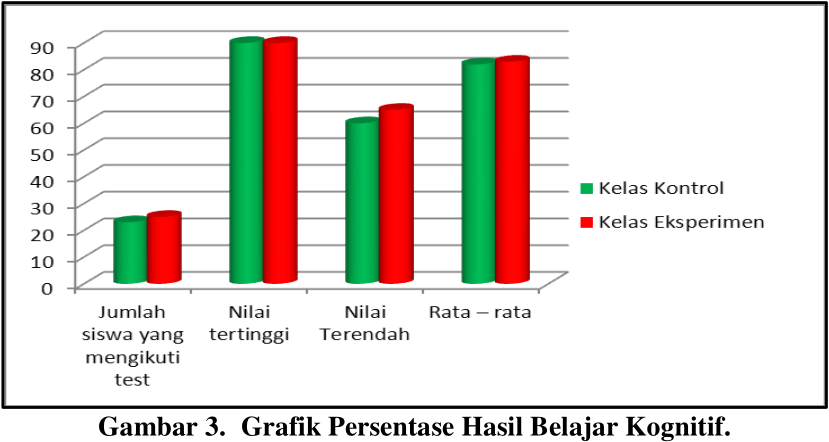
Downloads
Published
How to Cite
Issue
Section
License
Copyright (c) 2023 Lia Maya Kartini

This work is licensed under a Creative Commons Attribution-ShareAlike 4.0 International License.
-
Attribution — You must give appropriate credit, provide a link to the license, and indicate if changes were made. You may do so in any reasonable manner, but not in any way that suggests the licensor endorses you or your use.
-
ShareAlike — If you remix, transform, or build upon the material, you must distribute your contributions under the same license as the original.

